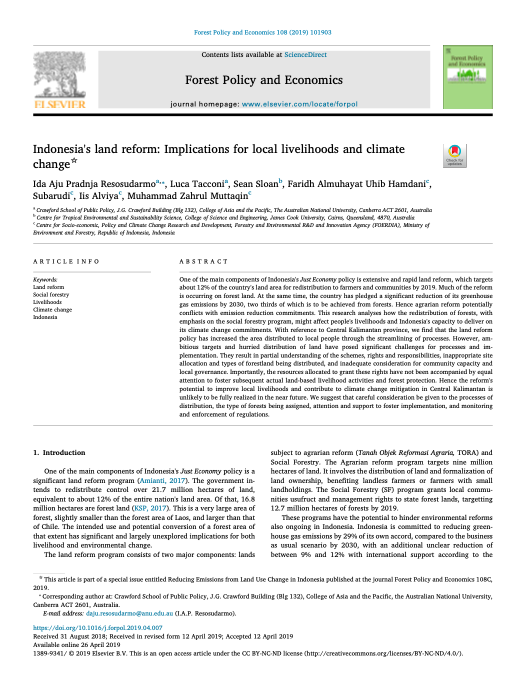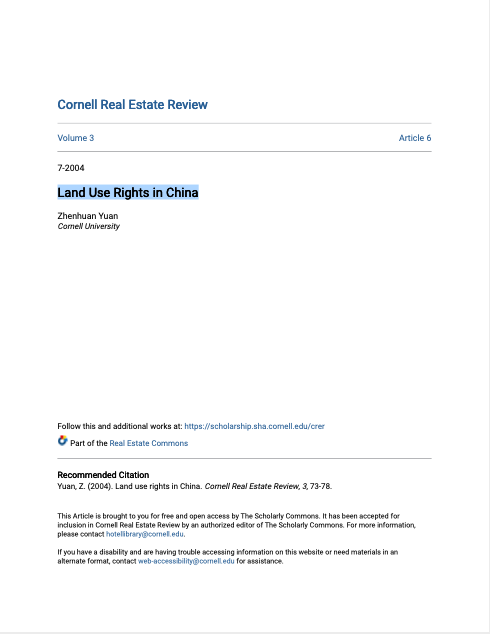Development by dispossession: the post-2000 development agenda and land rights in Lesotho
This paper questions the novelty of post-2000 development strategies, in particular the US’s Millennium Challenge Corporation and its ethos of ‘poverty reduction through economic growth.’ Using land as a lens, I explore recent eras of development assistance and ask if the Millennium-era has been appreciably different from pre-2000 development. The backdrop of my study is an MCC-sponsored land reform in Lesotho. I use data drawn from fieldwork in Lesotho to argue that the logics and outcomes of the Development industry’s land policies have remained largely the same.






